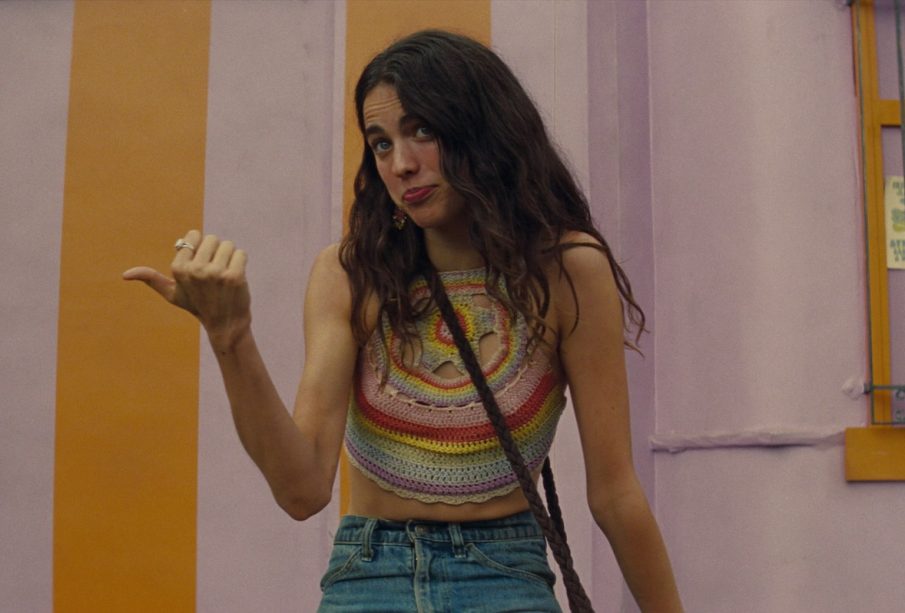Exploring ‘Once Upon a Time in Hollywood’: A Cinematic Journey

Introduction
‘Once Upon a Time in Hollywood,’ directed by Quentin Tarantino, has captured audiences and critics alike since its release in 2019. Set against the backdrop of late 1960s Los Angeles, the film provides not just a nostalgic tribute to the Golden Age of Hollywood but also a critical exploration of its shifting landscape. With its richly woven narrative and character-driven storytelling, it remains a significant topic in discussions about cinema and the portrayal of history.
Main Body
The film stars Leonardo DiCaprio as Rick Dalton, a fading actor, and Brad Pitt as his devoted stunt double, Cliff Booth. Together, they navigate the rapidly changing film industry while intertwined with real historical events—most notably, the Manson Family murders. This juxtaposition of fact and fiction highlights Tarantino’s signature style while serving as a commentary on the transition from the idyllic past to a turbulent future.
The release of ‘Once Upon a Time in Hollywood’ sparked various discussions on several fronts, including the representation of women in film, the morality of celebrity culture, and the impact of violence in cinema. Critics appreciated Tarantino’s ability to blend dark humour with poignant moments, making the narrative compelling and thoughtful.
Moreover, the film’s production design and soundtrack received widespread acclaim, effectively transporting viewers back to the soulful roots of the late 1960s. The meticulous detail in recreating Los Angeles, along with a soundtrack laden with era-appropriate music, enhances the rich texture of the film, further drawing audiences into its world.
Despite its critical success, the film did receive some backlash regarding its portrayal of Bruce Lee and the narrow representation of certain historical figures, raising questions about the authenticity of biographical narratives in mainstream cinema.
Conclusion
In summary, ‘Once Upon a Time in Hollywood’ stands not only as a tribute to a bygone era but as a catalyst for ongoing dialogue about representation and historical accuracy in film. As audiences continue to engage with Tarantino’s work, the movie’s implications about nostalgia, celebrity, and the evolution of Hollywood resonate in contemporary cinematic discussions. Projected to have a lasting influence on filmmakers and enthusiasts alike, this film will likely inspire retrospectives and critiques for years to come, solidifying its place in the annals of iconic cinema.








